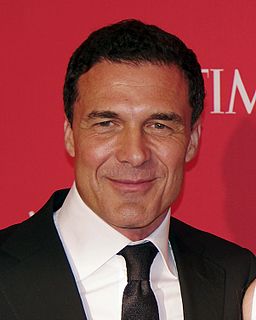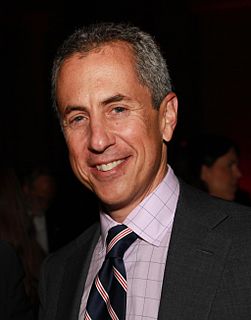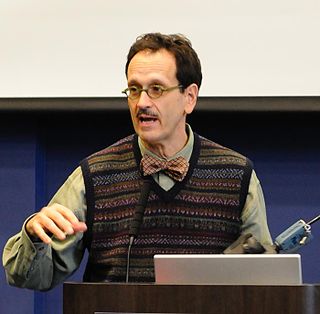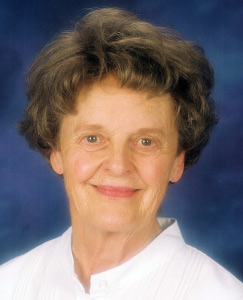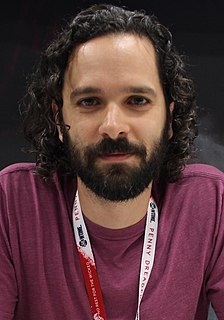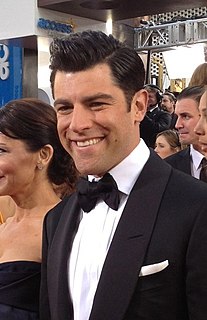A Quote by Andre Balazs
You come up with a story line, you hire the writer, the director, the stars, the set designer.
Related Quotes
I feel like, if I'm being honest with myself, my biggest skill set is as a writer 'cause I can do that quickly and I'm really grounded in story structure. Part of my success as an actor, is that I know story well. Part of my success as a director, is how well I know story. Same thing, as a producer. It all begins and ends with me as a story creator. But, I love doing it all.
The weirdest thing to me is that magazines would never do this for their writers. They would never hire a writer who writes for another magazine; they want to have their own stable of writers. Newsweek would never hire a TIME writer, and TIME would never hire a Newsweek writer - but they would both hire the same photographer to shoot a cover for them.
I think one of the things you have to be aware of as an actor is that if you come on the set and see the director standing there mouthing all the words while a scene is going on, that's usually a very bad sign because it means the director has already shot the scene in his head. He knows exactly the rhythm and the nuances that he wants delivered in the line and you're not going to dissuade him.
I want studios that make story-based games to start taking their stories more seriously. And that doesn't mean hiring a big shot writer from Hollywood; it means that story becomes integral to making your game. I don't see how you can achieve that without having an in-house writer that sits next to the designer, helping them make their levels, talking with the engineers about where we can tell the story more dynamically, pushing at technology.
The dream, I think, with any project is it starts with an idea, and then somebody writes it, and the writer hopes that a director comes on and makes this piece of material visual, and both the director and writer hope that they can have actors come in and bring something to it that neither one of them expected, elevating it along the way.
